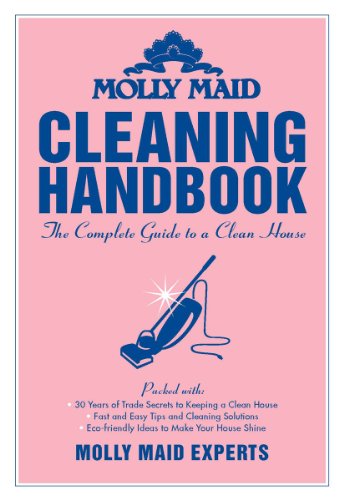
How do you handle the oil that you cook with? There are a few habits that can cause a lot of damage – and expense – to your kitchen. Below is a guide to eliminating your common grease gripes.
The sizzle from cooking bacon and other food on the stove often sends fat splatters onto the floor. Whether your floor is wood or synthetic, the fat spatter can result in pitting and stains. Here’s what to do:
- Don’t cook over such high heat – reducing the temperature can help contain the fat splatter. It may take a little longer to cook, but you’ll be saving time and money in the long run by keeping your floors in better condition.
- Use a grease splatter screen to keep the grease from splattering in the first place. The screen will keep grease, liquids and sauces off the stove top too, so you won’t have a huge mess to clean up.
- Use a specially-designed floor mat in front of your stove, so it catches the splatters. It should be made of a material that can be easily wiped clean.
Many people think it’s ok to put bacon grease and other fat down the drain. But even thinning fat with water first and then dumping it can damage the drain. Here’s what to do:
- Compost oil and grease, rather than pouring it down the drain. If you have a compost bin pick-up, put it in there, but don’t put it into a backyard composter as it will attract animals and will smell bad over time.
- Mix fat with another material that will thicken it for disposal. This might include used coffee grinds or filters, kitty litter, or used paper towel.
- To separate fatty grease from water in a pan, lay a few pieces of paper towel over the drain to act as a filter as you pour out the water. Then compost the paper towel afterwards through your community pick-up program.
- Consider re-using oil. Strain it after each use with a coffee filter to remove any large particles, and then seal the container until the next use.
If you do not properly clean pots and pans of grease, it means grease can stay on the surface and turn rancid. Here’s what to do:
- Use paper towel to wipe down greasy pans and pots, rather than rinsing them in the sink. This will also make it easier for you to clean them with soap and water.
- Keep an empty pickle jar in the cupboard under your kitchen sink, then drain the fat into the jar each time you cook – this will make sure you only have to worry about disposing of the grease once in a while, rather than every time you cook.

